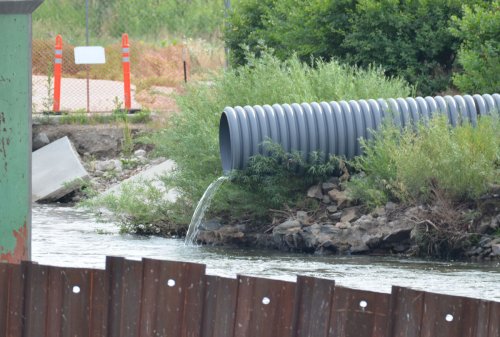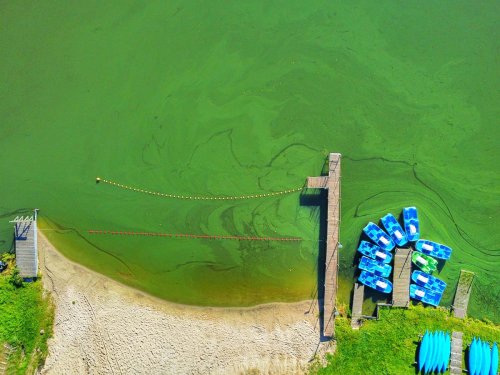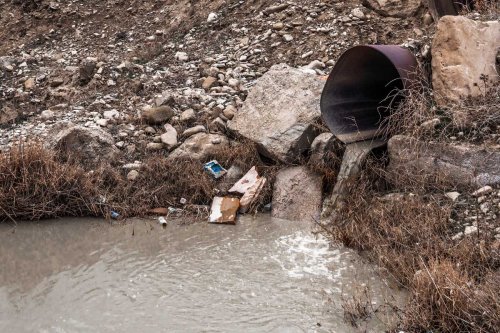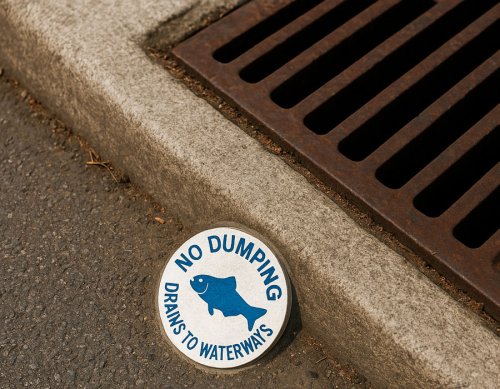The Effects of Phosphorus and Nitrogen in Stormwater
Phosphorus and nitrogen in stormwater present a significant challenge to water quality and ecosystem health. However, with effective management strategies and community involvement, it is possible to minimize their impact and protect aquatic environments. Implementing sustainable practices and investing in innovative stormwater treatment solutions will be key to maintaining clean and healthy waterways for future generations.

Stormwater runoff is a significant environmental concern, particularly when it carries excess nutrients like phosphorus and nitrogen into water bodies. These nutrients, while essential for plant growth, can have detrimental effects on aquatic ecosystems when present in high concentrations. Understanding the sources, impacts, and management of phosphorus and nitrogen in stormwater is crucial for protecting water quality and maintaining ecological balance.
Sources of Phosphorus and Nitrogen in Stormwater
Phosphorus and nitrogen enter stormwater from a variety of sources, both natural and human-induced. Common contributors include:
- Urban and Agricultural Runoff: Fertilizers, manure, and yard waste contain high levels of phosphorus and nitrogen, which are washed into waterways during rain events.
- Erosion and Sediment Transport: Soil erosion from construction sites, deforested areas, and riverbanks can carry phosphorus-laden sediments into stormwater systems.
- Wastewater and Septic Systems: Improperly treated sewage and failing septic systems can release nitrogen and phosphorus into groundwater and surface waters.
- Atmospheric Deposition: Nitrogen compounds from vehicle emissions and industrial processes settle onto land and water surfaces, eventually entering stormwater runoff.
Environmental and Ecological Impacts
When excessive phosphorus and nitrogen enter water bodies, they can cause a range of environmental issues, including:
- Eutrophication: High nutrient levels promote the rapid growth of algae, leading to algal blooms that deplete oxygen levels in water, harming fish and other aquatic organisms.
- Harmful Algal Blooms (HABs): Some algal blooms produce toxins that can be harmful to wildlife, pets, and humans, affecting drinking water sources and recreational activities.
- Degraded Water Quality: Excess nutrients contribute to murky water, foul odors, and increased bacterial growth, making water bodies less suitable for swimming, fishing, and other uses.
- Hypoxia and Dead Zones: In extreme cases, nutrient pollution leads to oxygen-deprived zones where aquatic life cannot survive, resulting in ecosystem collapse.
Management and Reduction Strategies
To mitigate the impacts of phosphorus and nitrogen in stormwater, several best management practices (BMPs) can be implemented:
- Green Infrastructure: Practices such as rain gardens, vegetative buffers, and constructed wetlands help absorb and filter nutrients before they reach water bodies.
- Improved Stormwater Management: Permeable pavements, retention ponds, and bioswales can slow down and treat runoff, reducing nutrient loads.
- Nutrient Management Plans: Farmers and land managers can adopt controlled fertilizer application techniques and cover cropping to minimize nutrient runoff.
- Public Education and Policy Measures: Encouraging responsible lawn care, promoting sustainable landscaping, and enforcing stormwater regulations can help reduce nutrient pollution at the source.
Phosphorus and nitrogen in stormwater present a significant challenge to water quality and ecosystem health. However, with effective management strategies and community involvement, it is possible to minimize their impact and protect aquatic environments. Implementing sustainable practices and investing in innovative stormwater treatment solutions will be key to maintaining clean and healthy waterways for future generations.


















